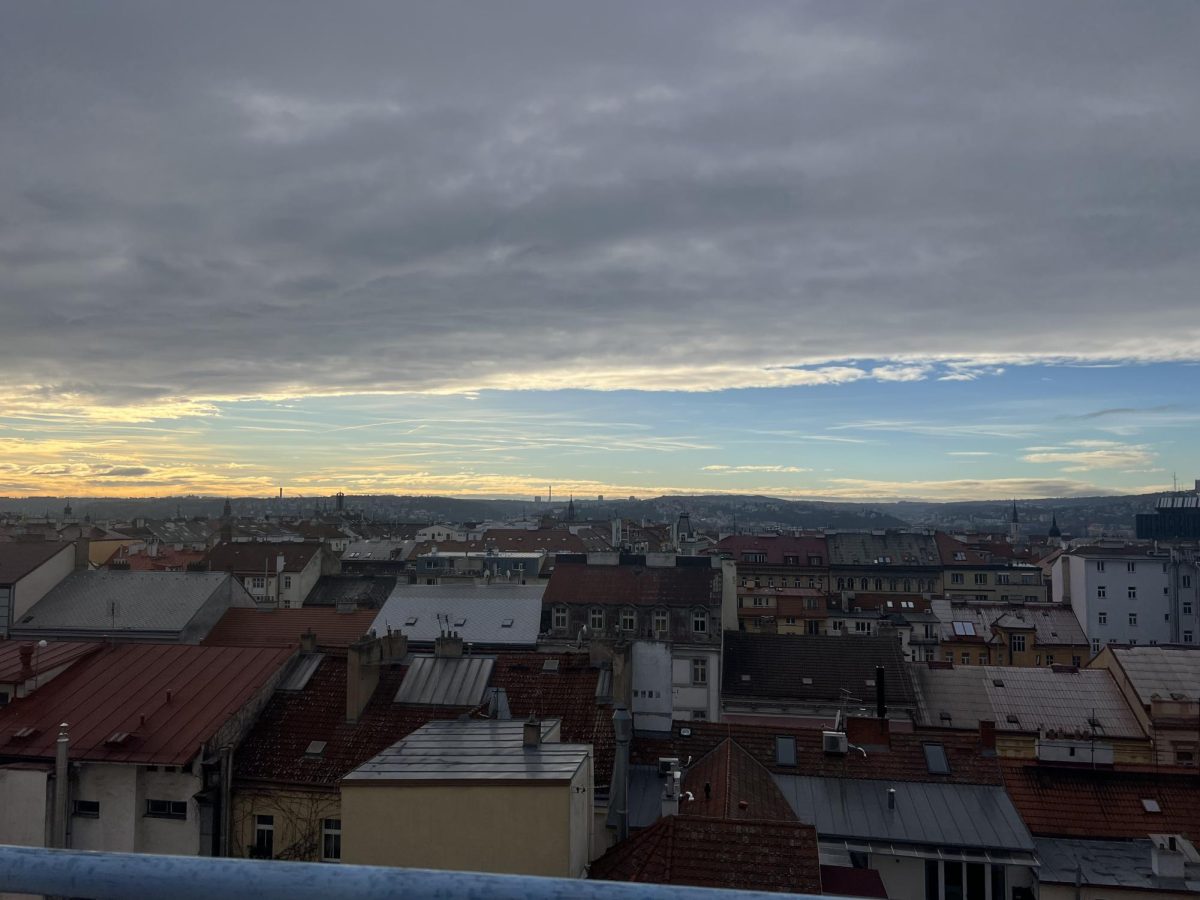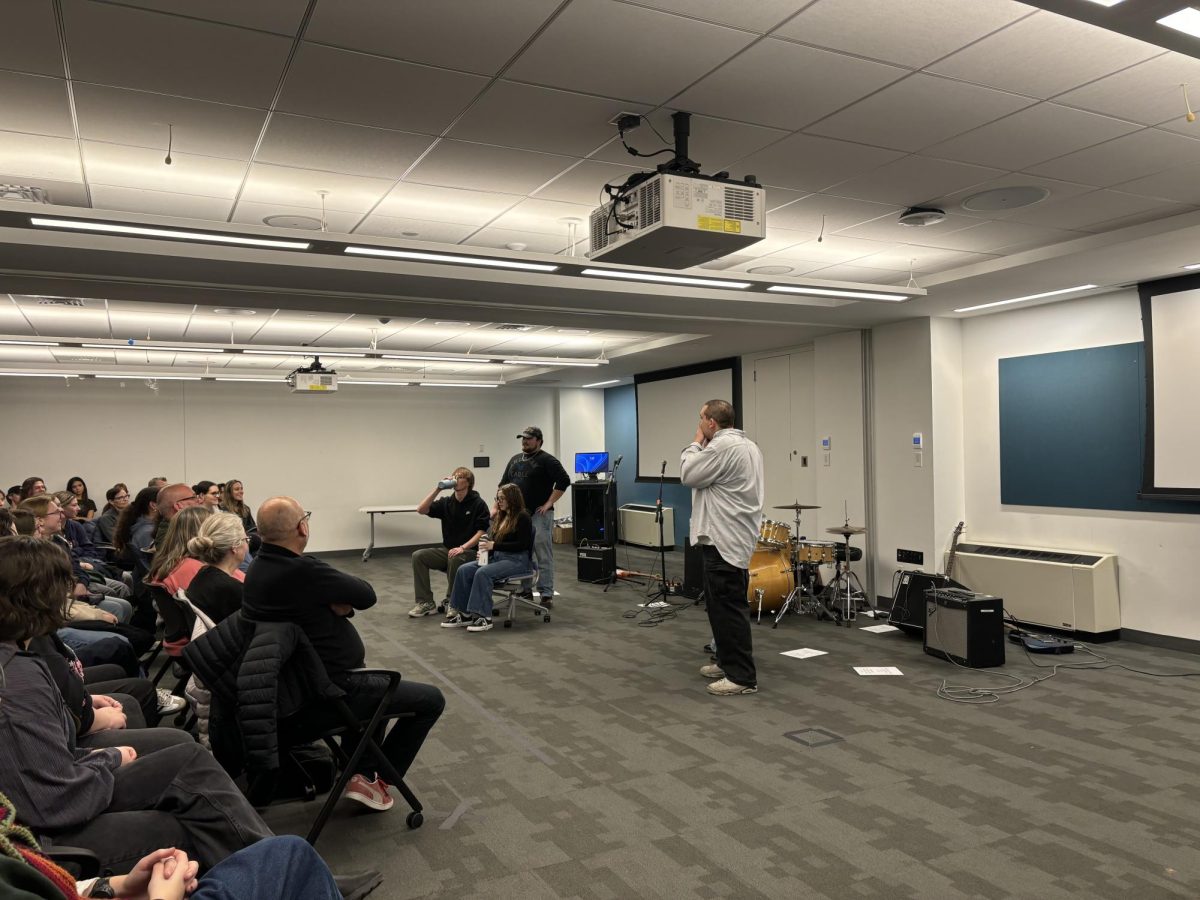The Asian Pacific American Law Students Association had their 5th Harry Dow Lecture Series on Immigration Law on Wednesday. The guest speaker Sirine Shebaya, a senior staff attorney for Muslim Advocates, took the stage at the lecture “Challenging Family Separation in Court.”
“[Immigrants] are looking for immigration officials to tell them ‘I am here. Help me. I am here with my child. I am seeking the asylum,’” said Shebaya.
Asylum is a protection for people who escape from their home country and flee to the United States. To acquire asylum, people need to meet the definition of refugee under the international law.
The United Nations Refugee Agency’s Guidelines on International Protection: Membership of a Particular Social Group outlines the parameters for asylum eligibility. According to the UNHCR Refugee Convention of 1951, a refugee is defined as someone who has suffered persecution under at least one of the five categories: race, religion, nationality, membership in a particular social group or political opinion.
“The way that they apply for asylum is defensively,” said Shebaya during the lecture. “The government puts them in removal proceedings. The government says we are going to escort you. And so in order to defend themselves against deportations, they say ‘I want to seek asylum in the United States.’”
Most of the non-U.S. nationals that come to the border are being removed from the U.S. without being given due process protections that are traditionally given to U.S. citizens. Congress created this process called “Expedited Removal.”
In 2018, President Donald Trump announced the “Zero-Tolerance” Immigration Policy which has taken children away from their parents at the border between the U.S. and Mexico.
Shebaya explained that this policy is essentially “kidnapping” because it is a very harsh process that separates parents from their children. This has caused families to suffer extreme trauma.
At the same time, undocumented immigrants may also be subjected to a credible fear screening. This is an interview done by the government to evaluate whether an undocumented immigrant could potentially qualify for asylum under the Convention Against Torture, according to Shebaya.
If they pass the interview, the undocumented immigrant may be able to apply for asylum. However, Shebaya explained how parents often do not perform well during the interview after the separation from their children because they are so traumatized. As a result, parents often fail the interview and are deported without their children.
“This brings us to the response of the litigation,” said Shebaya. She talked about the opposition to this policy. Plaintiffs challenge the policy of family separation and credible fear interview. They order the government to reunify the families and give them a new opportunity to go through the interview with accommodation.
According to Shebaya, under this agreement, parents may have the chance to apply for asylum. If they pass the second interview, parents and children will be placed in normal immigration removal proceedings together.
“It provides some relief,” Shebaya said. “Under the circumstance, it was essentially the best agreement that could be negotiated and also just really remarkable that it forced the government to reconsider its determinations for hundreds of parents, if not thousands of parents, who are in the situation.”
Shebaya emphasized that this agreement gives many immigrants hope in their asylum seeking process.
“[The] fight is not over,” said Shebaya. “The government hasn’t given up despite all these court challenges. Everything in the expedited removal system obviously remains what it is and the problems are inherent with that system remaining what they are.”
Shebaya encouraged students to continue fighting the lengthy, complicated process of asylum seeking.
“When you graduate and go up to be an immigration lawyer and public interest lawyer or a civil rights lawyer, there would be more than enough files for you,” said Shebaya.
To overcome the situation, “persistence and optimism is the most important skill” said Shebaya in an interview with The Suffolk Journal. “I think the battle is so hard and so many. I think the most important thing is beyond the advocacy skill and litigation skills. Stay persistent and optimistic. The young generation should remember that every generation has its fights and victory will come.”







